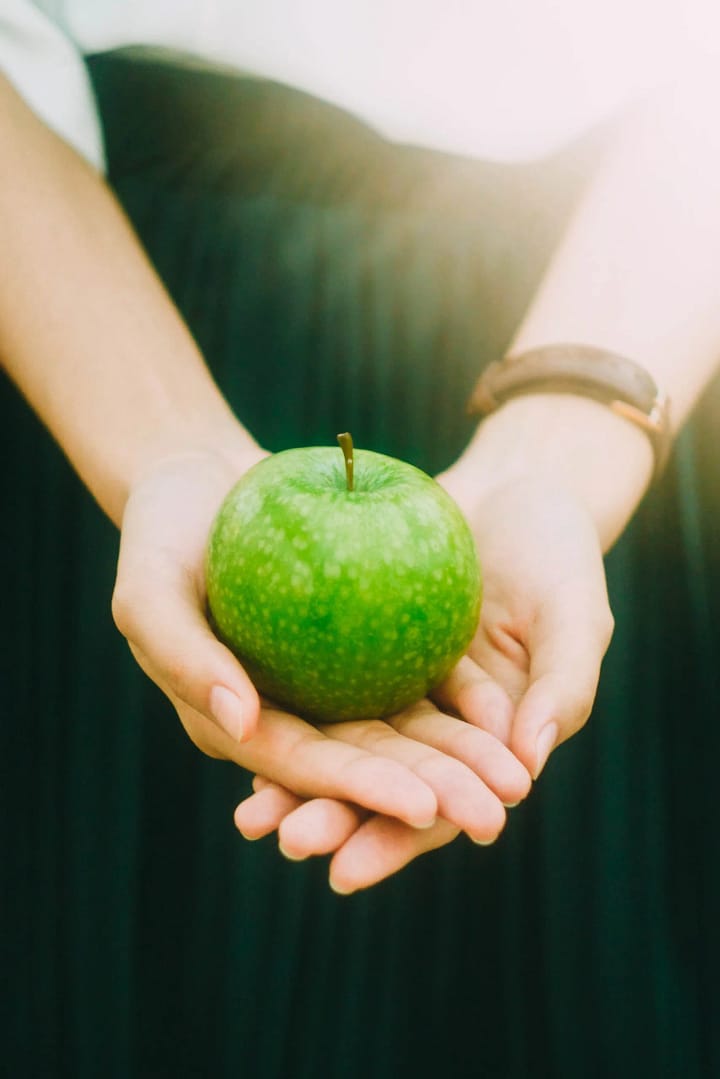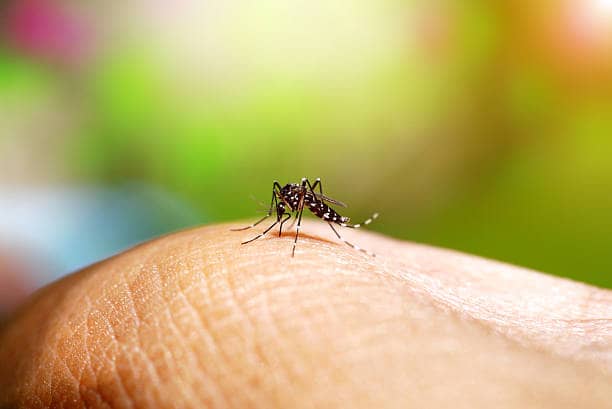Pregnancy is a very delicate phase of a woman’s life in which she has to stay healthy and nourish her baby in her womb for 9 months. To deliver a healthy baby you should be healthy and fit. And to be healthy you have to eat a properly balanced diet and stay mentally and emotionally happy and relaxed. It is very important to consume foods that are rich in vitamins, minerals, proteins, carbs, fiber, calcium, and nutrients. Your preparation for pregnancy, delivery, and breastfeeding should start several months before conception or before planning a baby. To conceive, you should be healthy physically and mentally. Take some time out to focus on your health for your baby.
Pregnancy teaches you to be responsible for your health and your baby’s healthy growth. Women who don’t take care of themselves and always think about others and serve them every day will now take some out for themselves to take care of their health during pregnancy only because a tiny life is growing inside their wombs. Some women eat less during pregnancy to avoid being overweight. But this is not going to work. If you eat healthy food you will not gain more weight. A healthy pregnant woman will gain 8 to 11 kgs till she reaches the end of the 9th month of pregnancy. So don’t worry about your changing body structure and weight gain. You will come back in normal shape after a few months of delivery.
Increase the quantity of food during pregnancy. Not more not less. If you had only 2 Rotis before pregnancy, now take 3 to 4 Rotis. Eat something or the other whenever you feel hungry. Don’t eat for two. Eat according to your hunger requirement. Stop when your stomach feels full. Always keep your body hydrated with water, liquids, and juices. Eat more vegetables, nuts, juices, and fruits to avoid overweight gain. Avoid outside food as much as possible.
In this article, I will tell you what you can eat to stay healthy, foods to avoid during pregnancy, and the quantity of food to eat.
Daily Food Intake:-
- 2 glasses of milk or milkshakes like ragi milkshake, banana milkshake, almond milkshake. One glass of warm milk in the morning and one glass at night.
- 1 egg, either boiled or roasted.
- A handful of dry fruits soaked overnight or raw.
- 2 portions of fruit and vegetable salad.
- Chicken, meat, and fish( no high mercury fish) that is well cooked.
- Lentils and sprouts.
- Brown bread.
- Brown rice.
- All kinds of fruits except pineapple and papaya.
- All kinds of vegetables.
- 1 cup of yogurt at lunchtime.
- 1 glass of fresh fruit juice before evening.
- 1 to 2 mash dal laddu after waking up.
- All kinds of breakfasts like idli, dosa, vada, upma, wheat, moong dal, etc.
- 3 liters of water.
- Cereals and millets.
- Olive oil or ghee in your meals.
- Paneer and cheese.
- 1 small cup of any sweet dish.
Foods to avoid in more quantity:-
- Packaged foods.
- Oily foods.
- Spicy foods.
- Soft drinks.
- Coffee.
- Fast food.
- Avoid high mercury fish.
- Alcohol and smoking.
- Papaya.
- Pineapple.
Important Tips:-
- Eat a snack every 2 hours. Consume only healthy snacks like fruits, juice, and nuts.
- Chew the food properly. Don’t gulp down or eat very fast.
- Drink plenty of fluids and always keep your body hydrated.
- Walk after every meal.
- Exercise a bit in the morning or afternoon. No hardcore exercises or muscle training. There are separate exercises for pregnant women
Diet plan by Trimester
- Fruits:- 3 portions of fruits every day. Fruits contain vitamins and antioxidants which are much needed in your baby’s development and to keep you healthy throughout pregnancy. You can have all types of fruits except pineapple and papaya as these fruits can cause miscarriage.
- Sugary foods:- Sweet dishes are considered to be fatty foods and many women stay away from them. They think sugar can make them overweight and completely they avoid it but this is not correct. Your body needs sugar in small quantities every day. So you can have homemade sweets, pancakes, puddings, fruit juices, and fruits that have natural sugars in them. You can use brown sugar, honey, or jaggery instead of sugar.
- Iron-rich foods:- Consume iron-rich foods like oats, dry fruits, beans, meat, egg yolk, tofu, green veggies, and jaggery. Iron is very essential in the body for the steady flow of blood.
- Dairy products:- Dairy products like milk, yogurt, chees, panner, and butter provide vitamins, proteins, healthy fats, and calcium which are needed in bulk quantities during pregnancy.
- Folate foods:- Folic acid is very necessary throughout pregnancy and that’s why your gynecologist will give you folic acid tablets to consume every day. This is necessary for the brain development of your baby. Folic acid is present in some foods like eggs, avocados, bananas, spinach, peas, beetroot, kidney beans, okra, lentils, mango, cauliflower, potatoes, oranges, beans, and broccoli.
- Vitamin B6 foods:- The first trimester is going to be tuff with all those morning sicknesses, nausea, and vomiting. To decrease this you can consume foods like salmon fish, whole grains, eggs, leafy greens, citrus fruits, bananas, and nuts which have vitamin B6 in them that help you to overcome morning sickness.
- Protein-rich foods:- Protein is very necessary for both the mother and the baby. It increases blood flow and helps in the development of your baby’s muscles and body. Foods that contain iron are low-fat dairy products, pulses, lentils, green gram, sesame seeds, eggs, meat, beef, shellfish, and fish.
- Iron-rich foods:- Iron is needed for a good supply of blood to the baby and in your body. Your doctor may give you iron supplements too in your whole pregnancy journey. Many foods contain natural iron in them. These contain broccoli, spinach, dry fruits, egg yolk, jaggery, meat, tofu, soybean, brown rice, peanut butter, lentils, beef, meat organs, dark chocolate, white mushrooms, wheat, flax seeds, coconut, barley, and green veggies. It is very important to add these iron-rich foods to your daily diet.
- Calcium-rich foods:- Calcium is needed for the healthy growth of your baby’s bones and teeth. The foods in this category include sesame seeds, broccoli, spinach, low-fat dairy products, lentils, almonds, figs, apricot, kiwi fruit, cauliflower, avocado, fish, guava, oranges, cantaloupe, peaches, chickpeas, whole grains, sweet potato, nuts, flax seeds, and green veggies.
- Carbohydrates:- This is needed to provide you energy for the whole day. Pregnant women often feel dizzy, weak, and have body pains. This is due to the hormonal changes going on in your body to support your baby. You can include foods like lentils, bananas, beetroot, oats, kidney beans, chickpeas, blueberry, grapefruit, and peas in your daily diet to boost your energy levels.
- More fiber-rich foods like green veggies, whole grains, coconut water, and drink plenty of water.
- More iron-rich foods for the growth of your baby.
- Dairy products for the strong development of a baby’s bones and teeth.
- Fish, nuts, and olive oil contain fatty acids omega 3, omega 6, and omega 9. This is necessary to avoid lower cognitive development in the baby.
- Consume fresh fruits as they contain essential vitamins and minerals which are necessary for the growth of your baby.
- Whole grains.
- Protein-rich foods.
- 3 liters of water.
- Green vegetables.
- Carbs.
- Folate foods.
- Consume Vitamin C foods like grapes, oranges, and lemons to prevent bleeding gums.
- More iron-rich foods.
- Calcium-rich foods.
- Fiber-rich foods.
- Protein-rich foods.
- More fluid intake.
- Foods rich in DHA (Docosahexaenoic acid). These include walnuts, flax seeds, and fish oil. This is necessary for your baby’s brain development.
- Vitamin C-rich foods.
- Green leafy vegetables.
- Folate foods.
- More bananas.
- More water intake.
Discover more from supermomsclub
Subscribe to get the latest posts sent to your email.



